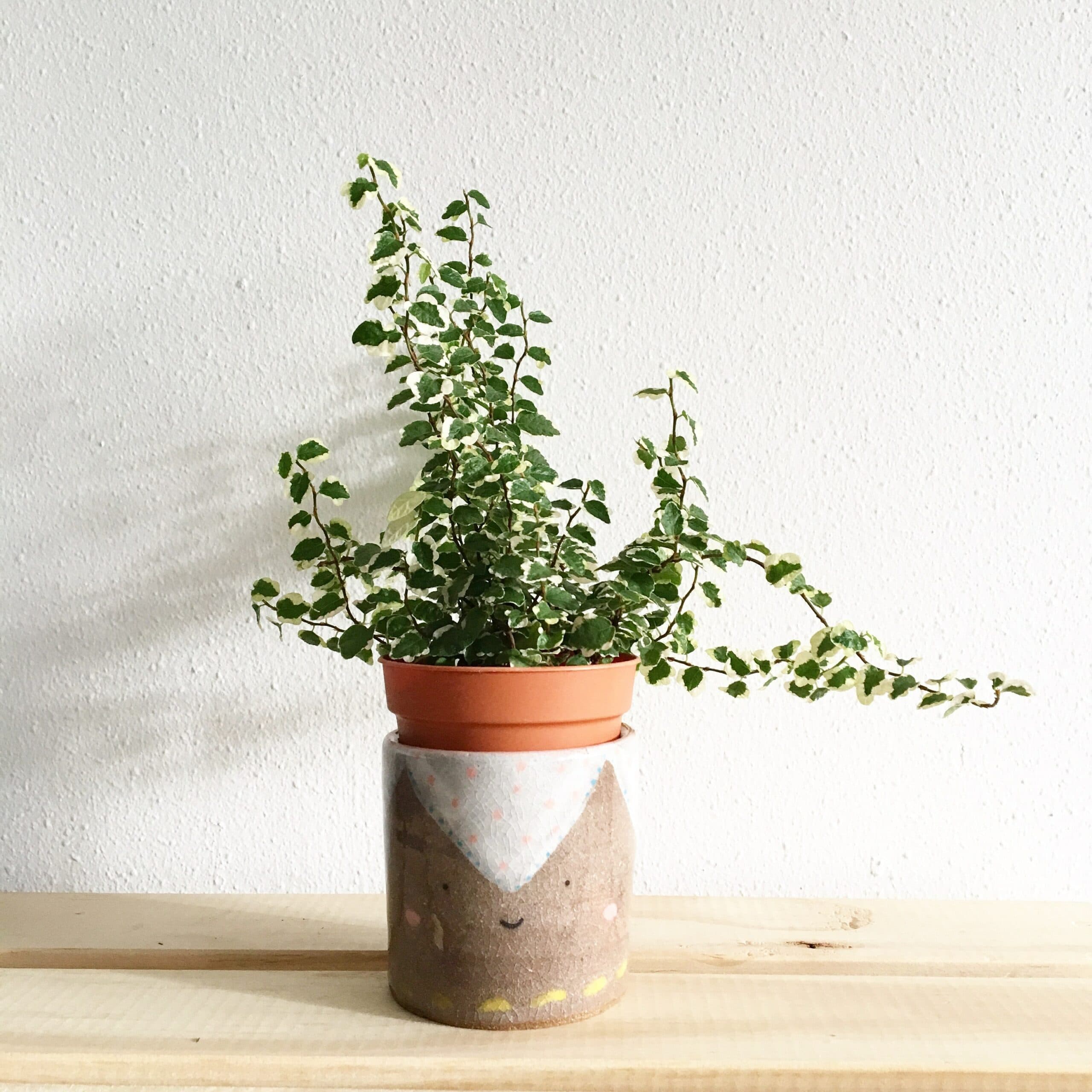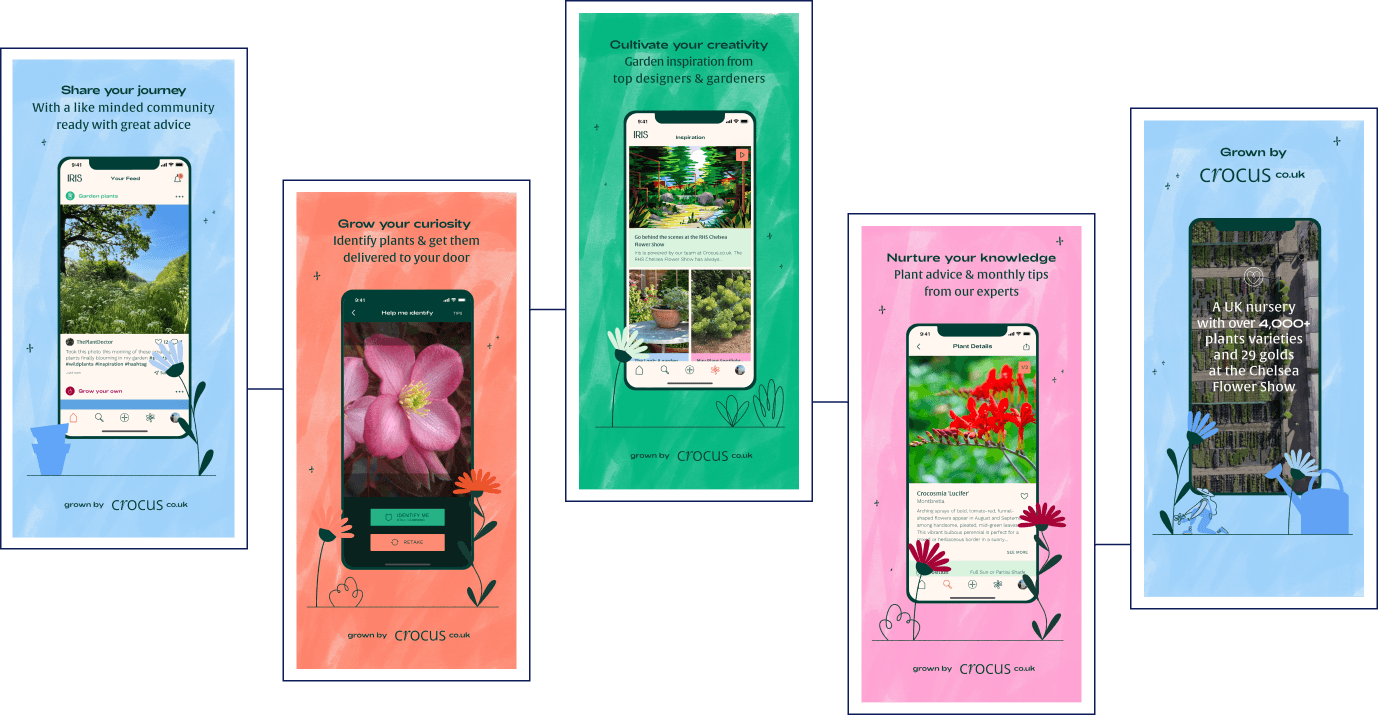Client
Crocus
Tech stack
Google Cloud
Solution
Computer Vision
Service
AI + Machine Learning

Client
Crocus
Tech stack
Google Cloud
Solution
Computer Vision
Service
AI + Machine Learning
Crocus is a leading UK e-commerce brand that prides itself in offering the largest range of plants to the British consumer. To help educate and inspire their customers, Datatonic has developed and deployed an image classification system on Google Cloud, which identifies over 5,000 plants in under 30 seconds. The image classification system will be held within Crocus’ new gardening app, Iris, which aims to make gardening more enjoyable and easier for people.
Crocus grows 5,000+ different plant varieties in their nurseries at any given time of the year, offering over 10 times the range compared to the average garden retailer. To educate and inspire their customers, the retailer was looking for a solution that would help customers identify plants and access tips and insights about the species, all at their fingertips.
As a first step towards this goal, Crocus required an image recognition system that was superior in terms of breadth, depth and timing. This meant the ability to classify plants at a species level (not genus level) in under 30 seconds.
Without an in-house data science team, the retailer needed support to:
“Our new gardening app Iris started because we wanted to find a way of making gardening more accessible to people. A large part of people’s lack of confidence comes from not knowing the difference between plants. By being able to identify plants, and have associated care tips, we hope to give people the confidence to grow. As the only app on the market that combines plant identification with our nursery knowledge and the opportunity to get that plant delivered to their door, we hope to make gardening as easy and fun for people as possible.” – Mayank Shukla, Director of E-Commerce, Crocus
As Google Cloud’s ML Partner of the Year and 4X Partner of the Year, Datatonic has a wealth of experience in developing and deploying scalable and efficient AI models, specifically in the fields of Deep Learning and Computer Vision.
We assembled our best green fingers on the project to deliver Crocus’ program in a span of nine weeks, which involved:
(1) Data Quality Assessment, including: evaluating the quality and distribution of available data, estimated minimum data requirements for accurate modelling, and delivering recommendations to guide further data collection.
(2) Modelling Methodology Design, involving: conducting a model framework review, and designing a set of problem-tailored metrics for ongoing evaluation.
(3) Model Prototyping – a key area where our team excels – including: experimenting with algorithms, hyper-parameters and state-of-the-art transfer learning models, evaluating scaling performance to additional classes, and estimating model performance on real-world data.
(4) Development of Operational Architecture and Processes for Retraining and Serving. This was another crucial step to ensure the model is scalable and performant, which involved: implementing a dual modelling framework, with AutoML and TensorFlow solutions side by side to provide both ease of use and greater modelling flexibility for future development work, building in automation for training, selection, deployment and CI/CD processes, and providing Terraform scripts for replicating any required Google Cloud architectures.
